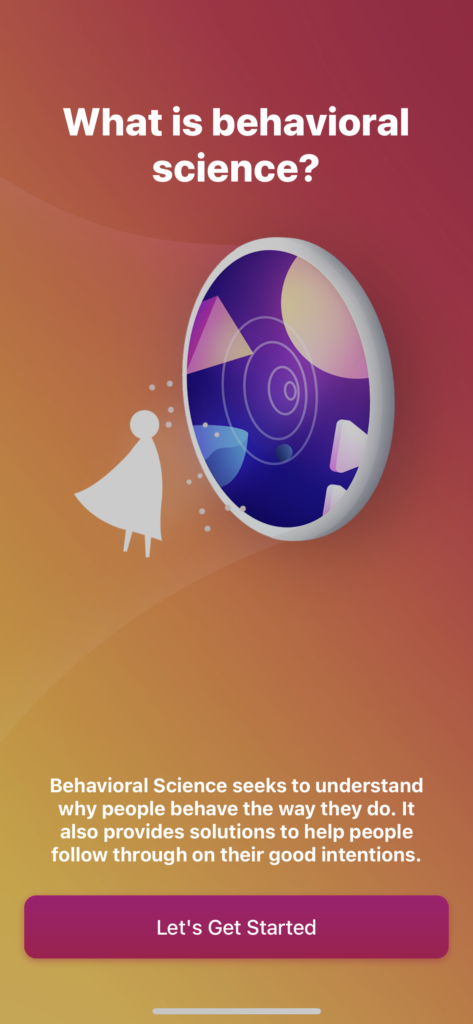Working on LinguaLeap has been one of the most rewarding and energizing projects I’ve been part of. When our team was first assigned an AI-driven language-learning platform, I was fascinated by how technology could make conversation—not rote vocabulary drills—the center of language mastery. As we dug deeper, we realized that the “conversation gap” in most existing apps wasn’t just a teaching issue but a psychological one: students often lacked a safe, low-pressure space to actually speak and make mistakes.
During the project, I took the lead on the Next Steps section and also helped with early user interviews. Talking with college students reminded me how quickly fluency fades when there’s no real conversational practice outside class. Many felt anxious about speaking or didn’t know how to track their progress, which reinforced our decision to focus on ELO-based matching and AI-powered feedback. My role was to turn those insights into a concrete five-month roadmap—balancing ambition with our limited five-month runway. That meant prioritizing hiring engineers and designers, finalizing AI integration, launching retention-driven features, and expanding pilot programs with universities to show traction before raising our Series B. Translating user pain points into actionable, time-bound milestones was both challenging and deeply satisfying.
What I valued most was our team’s openness to new ideas. Every discussion pushed us to test assumptions—about retention, pricing, or user experience—and our final pitch deck reflected that blend of creativity and discipline. Seeing the project come together, from user personas to financial projections, reminded me that great products are built not just on data, but on empathy and storytelling. LinguaLeap taught me how AI, education, and human connection can work together to create something both scalable and genuinely meaningful.


Comments